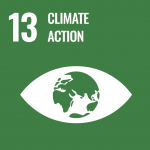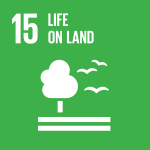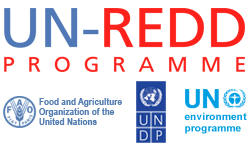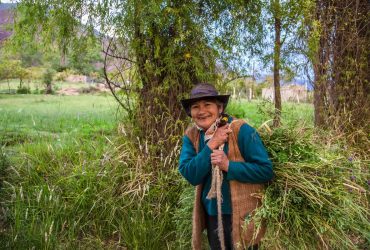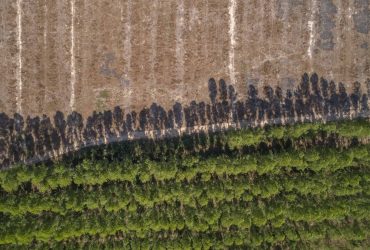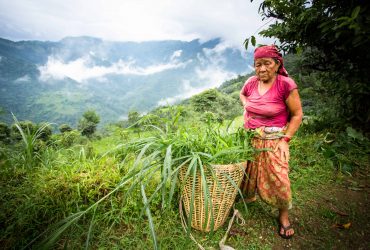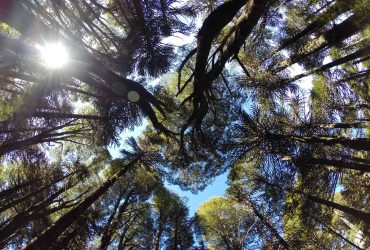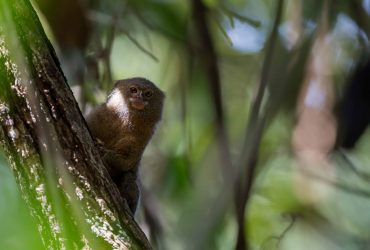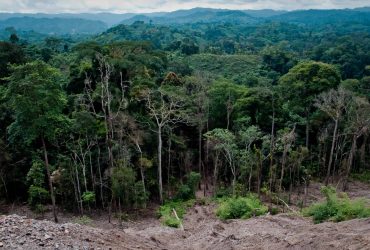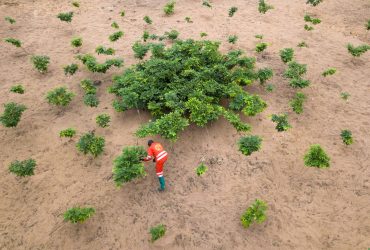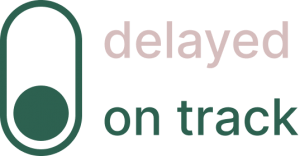


Forest Solutions Realized: Ghana’s REDD+ implementation efforts are guided by its National REDD+ strategy (2016) and its Nationally Determined Contribution (2017). Ghana’s successful REDD+ implementation has resulted in verified emissions reductions (see next section) and inspired Ghana to submit a TREES concept note in 2021. UN-REDD support in 2022 was framed in the context of Ghana’s TREES concept note submission. Specific gaps for TREES compliance were filled, notably:
Information was gathered to report about conformance with TREES safeguards indicators through consultations with national and landscape level stakeholders (in Western North Region and Ashanti Region), including civil society groups. The information compiled is the basis for the safeguards section of TREES registration document. Drawing on the achievements listed above, the drafting of TREES registration document has started.
Forest Solutions Rewarded: Supported by UN-REDD, Ghana submitted a proposal to the LEAF Coalition in 2021 and successfully completed an initial technical screening process led by a panel of technical experts. A Letter of Intent was negotiated and signed in Glasgow with Emergent – the LEAF financial representative – during COP 26 in November, 2021 making it the first African country to take this step.
In 2022, with technical support from FAO and funding from the FCPF, Ghana finalized the verification and validation of its first monitoring report to the Carbon Fund, making the country ready to receive its first emissions reduction payment.
Forest Solutions Enhanced: Technical assistance to finalize Ghana’s verification and validation of its first monitoring report to the Carbon Fund, allowing a first emissions reductions payment in early 2023. A future agreement with the LEAF coalition is also envisaged as work progresses to complete Ghana’s TREES registration document. Elements in Ghana’s NDC are being aligned with financing opportunities through TREES registration, and the remaining areas under the REDD+ Strategy that are not covered by a financing arrangement are being prepared for engagement through the jurisdictional REDD+ Programme and compliance with TREES. Stakeholder engagement in the Transitional, Togo Plateau and Coastal Mangrove zones have commenced.
Because Ghana has made great strides in implementing its National REDD+ Strategy and has a large portfolio of REDD+ projects and initiatives, it was not always possible to have the desired level of interaction and coordination with the respective government teams, so to ensure the UN-REDD technical assistance is a catalyst in such a rich fabric of REDD+ endeavor.
Stakeholder engagement mainly involved national institutions; however, through a feasibility study being undertaken in the ART-TREES landscape, further information on the drivers of deforestation was obtained from discussions with regional, district and some community members in the Transitional Zone and the Togo Plateau.
The ART-TREES J-REDD programme area will be larger than the GCFRP, and stakeholder engagement for the additional areas will need to be undertaken. This activity can replicate the tested approach in Hotspot Intervention Areas (HIAs) and lead up to the signature of agreements to implement activities.
Despite the fact that most engagement with country counterparts took place at the national level, for the work of gathering safeguards information to report on TREES indicators, consultations took place at the landscape-level with stakeholders in the cocoa-forest landscape and emissions reductions programme areas. Regional and District Forestry Offices (Sefwi Wiawso, Mankranso, and Nkawie), Regional and District Cocoa Health and Extension Division (CHED) (Sefwi Wiawso, Adugyama, Nkawie, Tepa, Nyinahin), Western North Regional Environmental Protection Agency (EPA) office, Metropolitan, Municipal and District Assemblies (Sefwi Wiawso, Nkawie, and Nyinahin) and community members drawn from the Sefwi-Bibiani-Akontombra and Ahafo-Ano Hotspot Intervention Area Management Boards were engaged.
Future discussion with stakeholders in existing and additional HIAs will need to include a review of the existing benefit-sharing plan in relation to its applicability for LEAF. In this manner, Ghana will build on substantive past efforts to ensure that a socially inclusive approach will be undertaken to develop the implementation and benefit-sharing plans under LEAF.
The work carried out in 2022 continues to draw on the GCFRP project that is being implemented with funding from the World Bank. A first payment from the Carbon Fund was received in January, 2023.. A future agreement with LEAF is also envisaged.
The GCFRP is expressly relevant as the LEAF area includes the High Forest Zone in GCFRP, and Ghana has built on this project for the proposal submitted to the LEAF Coalition in the following ways: the stakeholder engagement structures and approach through HIAs, institutional framework, the national safeguards framework, forest monitoring and the recently crafted benefit-sharing plan.
Since 2018, with funding from the World Bank, FAO has been supporting Ghana’s Forestry Commission to improve the quality and accuracy of Ghana’s data on deforestation, forest degradation and enhancement of forest carbon stocks. Ghana submitted its first monitoring report to the Carbon Fund in 2021 with results for the second half of 2019 and successfully finalized the verification and validation in August, 2022.
Ghana’s place on the world stage with regards to climate and forests is well recognized. The European Union and 27 countries launched the Forest Climate Leaders’ Platform (FCLP) to follow up on announcements at COP26 in Glasgow, where over 140 world leaders, representing over 90 percent of the world’s forests, committed to halt and reverse forest loss and land degradation by 2030 while delivering sustainable development and promoting an inclusive rural transformation. Backed by the UK COP26 Presidency, the FCLP held its first ministerial meeting at COP27, co-chaired by the USA’s Special Presidential Envoy for Climate, John Kerry and Ghana’s Minister of Land and Natural Resources, the Honourable Samuel Jinapor.
Ghana has also progressed significantly with respect to carbon markets. A Carbon Market Office has been set up and currently three partnerships with Sweden, Singapore and Switzerland on Article 6.2 were announced at COP27 and are now underway. A partnership with South Korea is also envisaged. Article 6.2 regulations and a readiness framework have been set in place.
Implementation of Ghana’s REDD+ Strategy and the development of partnerships such as with the LEAF coalition are designed to ensure positive impacts with respect to SDGs 13 and 15,
